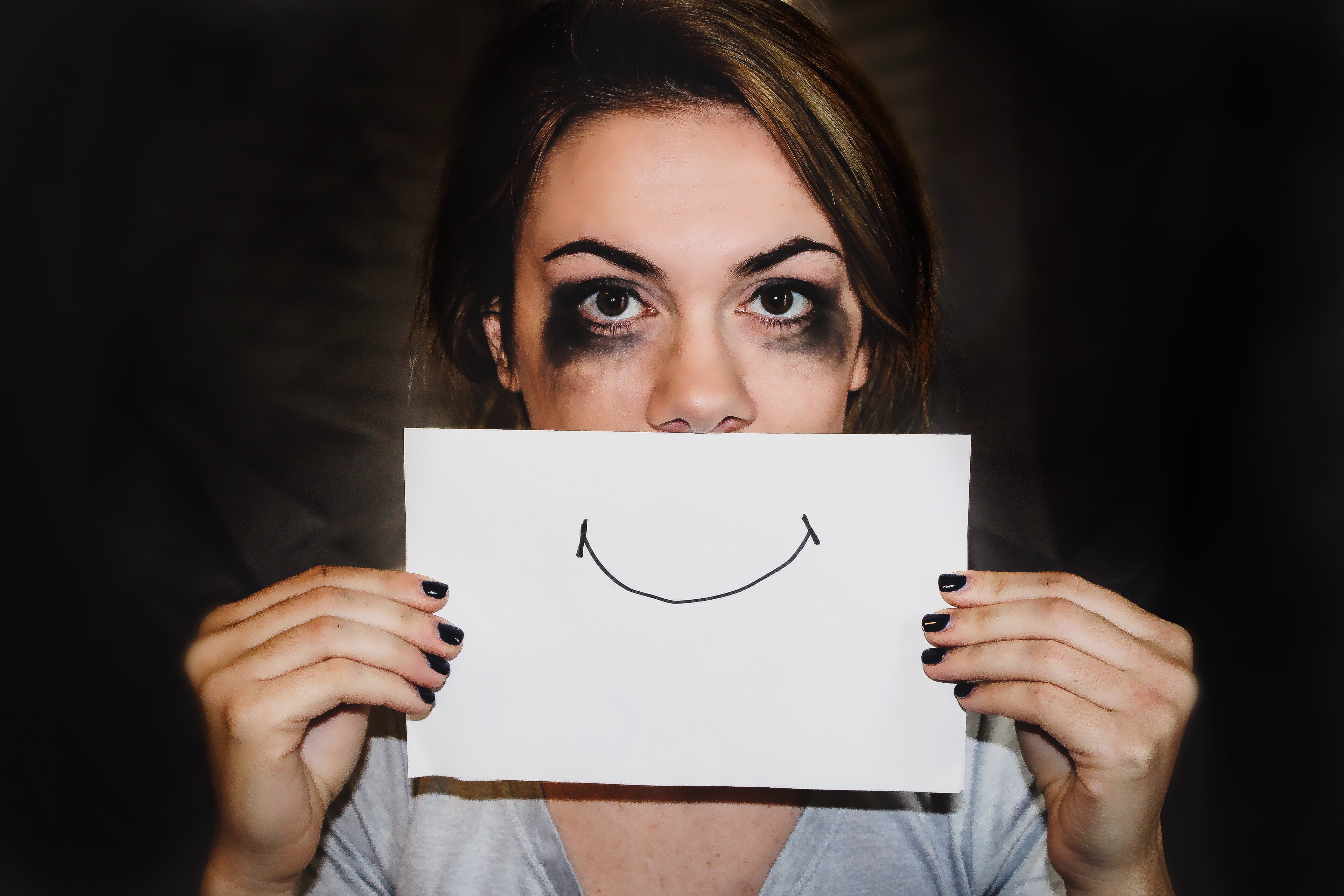“You need to rest,” said my doctor. “But don’t sleep more. That’s been shown to make fatigue worse.”
I left my doctor’s feeling confused. I’d always assumed resting was sleep. But as someone with chronic fatigue syndrome (sometimes called ME), sleep doesn’t always mean feeling rested.
I’d spent weeks pushing myself so hard that I couldn’t sleep. The insomnia was destroying me. That, in turn, was making all my other symptoms – fatigue, pain, brain fog, to name a few – worse.
I wanted to prove that I could beat this disease that had already taken so much from me.
There have been times when I’ve had to cancel social engagements, move book deadlines, even stop writing altogether because I simply haven’t had the mental or physical energy.
No time was that more prevalent than in January 2020.
I knew I was teetering on the edge. Something had to change but I didn’t have the courage to do it. For months I’d tried to carry on as normal. My 9-5 as a marketer was my focus, which meant that my books, social life, and even time with my partner and puppy were sacrificed. I’d work, go home, eat, sleep. That was my life. Needless to say, my mental health suffered too.
As a writer, there’s nothing worse than not being able to write. But since my brain fog was getting worse, I struggled to read, too.
Reading is how I deal with my chronic pain, so not being able to do even that created a vicious cycle of pain, fatigue, stress, depression, and anxiety.
Active tasks like reading or writing work as painkillers because the brain can only process so many stimuli at a time. If it’s focusing on a task that you enjoy and that’s active, it just doesn’t have the room to think about the pain, too.
Things like watching TV aren’t as active unless you’re analyzing what you’re watching.
But my brain fog was so bad I couldn’t even watch TV without feeling drained.
I spent two weeks doing nothing but playing Stardew Valley and cuddling our puppy.
And I was plagued by guilt. My partner has a demanding job. It shouldn’t fall on him to do everything around the house too.
But even simple tasks like vacuuming were exhausting and left me breathless.
I knew that I had to rest or I’d end up bed bound by the end of the year.
Something had to give for the sake of my long-term health.
We just don’t know how to rest
In recent weeks, I’ve been referred to a chronic fatigue syndrome specialist. She said something that’s really stuck with me.
She said that we live in an always-on society that doesn’t know how to rest.
We reward people when they keep going even though they shouldn’t. And that’s often how people with or without chronic illnesses end up burning out.
So what is rest?
Rest is different for everyone.
For me, it’s time with my puppy or playing Stardew Valley. I play Stardew because it’s a simple game; it doesn’t require my skills as a writer to figure out what the plot is since there isn’t one.
For many of us, listening to music is resting. For a musician, it isn’t.
While I adore reading and writing, they’re very active tasks for me that are too engaging for my brain when I need to rest.
You have to find something that works for you. That require experimentation. And patience. And self-awareness.
And also knowing that you need to rest. That’s the second biggest, hardest thing of all.
The hardest thing? Not feeling guilty about it.
But if there’s one thing that being permanently exhausted has taught me, it’s that you’re nothing without your health.
If you don’t prioritize it, no one else will.

